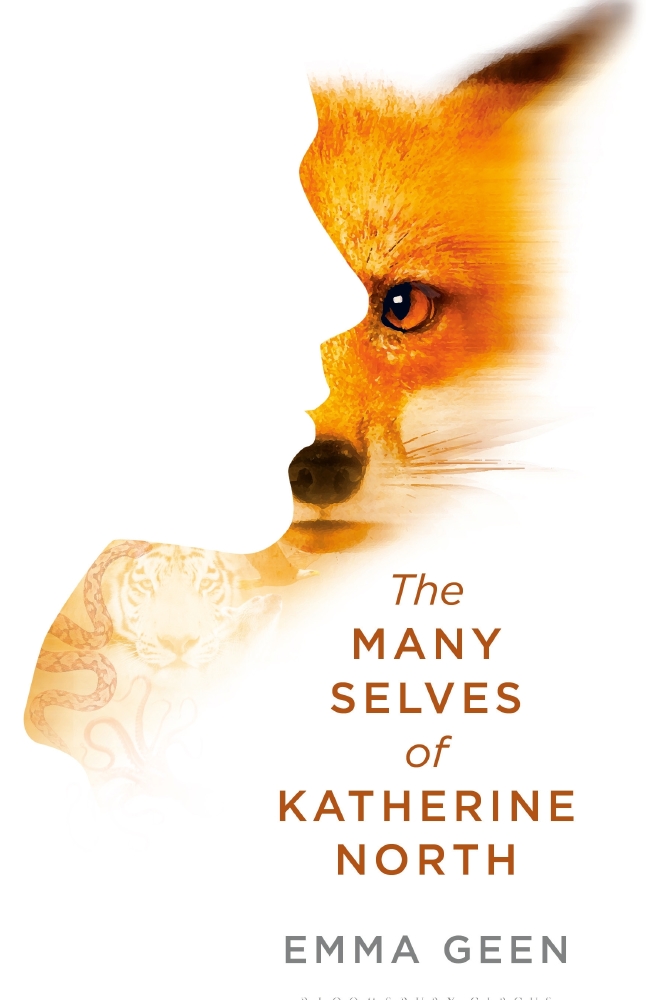- One of the greatest things about stories is that they offer the chance to step out of your life and into another. Stories are about experiencing other skins and ways of being, and stories about non-human animals allow us to achieve this to a more radical and exciting degree than any other.
- After all, who hasn't wondered what it's like to fly, or swim the oceans, or burrow into the earth? Who hasn't looked at their pet and wondered what it's like to be them? Stories about animals are the closest most of us are likely to get.
- Yet stories about animals don't just let us glimpse other ways of living; because animals sense and react to their environment in very different ways to humans, they also offer new ways of seeing and understanding our own world. In this way they make the familiar new and strange, and provide settings as exciting as that on any alien planet.
- These differences aren't great just because they're fresh and exciting but because they also offer a mirror on humanity. By telling, listening to and reading stories about creatures that are different to us, we can gain a greater understanding of what it means to be us.
- This also takes place through the use of animals as powerful metaphors, which is one of the reasons why animals are so popular in children's stories, think Northern Lights, Beatrix Potter and Wind in the Willows. We tend to think of different species as representing certain set qualities that stories and language then use to represent aspects of characters, themes and emotions.
- That's not to forget, of course, that humans are animals. Looked at in one light, all storytelling is always about animals. We can't escape it.
- This combination of similarities and differences means that stories about animals let us explore natural parts of ourselves that civilized humans are cut off from. One of the things I enjoyed most when writing The Many Selves of Katherine North were the moments when my character, Kit, gets to bite people - occasionally I meet an obnoxious, pontificating or ranting, person who really deserves to be cut off with a swift chomp.
- These strong drives and passions, unimpeded by society, means that stories about animals also create narrative situations that are naturally dramatic. It's not very common in the modern, western world for a person to find themselves hunted and on the run for their life but for most animals it's an ever present threat.
- Storytelling about animals is also a way of feeling close to them in a society that's currently very cut off from other species. A couple of hundreds of years ago people worked very closely along side animals and might even keep livestock in their houses but machines have largely replaced that intimacy. Storytelling about animals allow us to regain something of what we've lost.
- The close connection that humans have had with animals throughout history means that storytelling about them is one our oldest and most important narrative traditions. People were even telling stories about animals tens of thousands of years ago on cave walls. And these stories aren't going to go away, because what other way to do we have of exploring our world, humanity and ourselves through entirely fresh eyes?

The Many Selves of Katherine North by Emma Geen is out now, published by Bloomsbury

